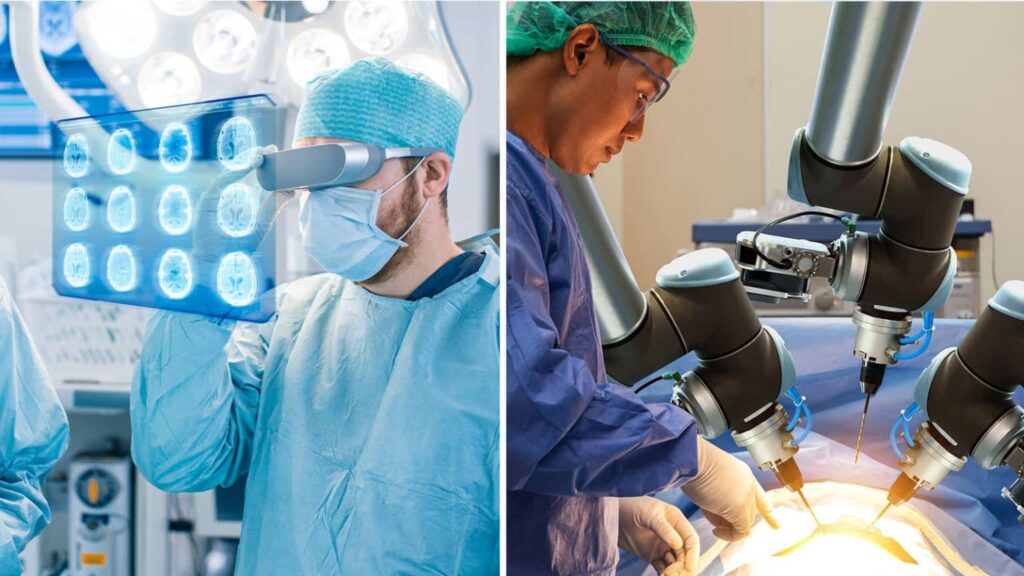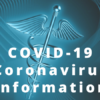How Medical Science is Blessed by artificial intelligence?
AI has given a new dimension for evolving and making lives easier and hassle free!
Artificial intelligence will definitely be a savior, specifically in the field of healthcare, let’s look how.
- Observing patient behavior has become simple.
This is where artificial intelligence helps by predicting and avoiding medical catastrophes with ease. Additionally imperative to postoperative care, behavioural monitoring boosts patient mobility and speeds up healing. These ambient technologies can be used to demonstrate how much the patient has moved during the day, encourage them to move more, and speed up their recovery.

- Drug Discovery
It takes a long time and money to get a medication approved from the laboratory and reach the patient. The journey a medicine makes from the research facility to the patient is nearly 10 years. Only one out of every five medications that start preliminary development eventually makes it to human testing and only five out of 5,000 drugs do. Recent uses of artificial intelligence in healthcare are drug discovery. By applying the most significant innovations in AI to speed up drug creation and drug repositioning processes, it may be possible to drastically reduce both the time and cost involved.
- Diagnosis Made Available at Fingertips
An AI system designed by Google’s DeepMind and the NHS can identify neck cancer and read eye tests. This suggests prompt patient discovery. So, in essence, AI can lessen the necessity for trips to the doctor or the hospital. There will be more trustworthy recommendations for treatment. It will essentially be healthcare at your fingertips.
- Enhance Medical Decisions
Predictive modelling can enhance medical decisions and interventions and help prioritise administrative activities. Enhancing treatment involves the integration of massive health data with suitable and timely judgments.
Another domain in which AI is starting to gain traction in healthcare is the use of pattern recognition to identify individuals who are at risk of contracting a condition or seeing one worsen owing to lifestyle, environmental, genomic, or other factors.
- Automating Support for Emergency Care
Only seriously ill patients are admitted to a hospital’s critical care unit. Hospital staff must take appropriate emergency action to maintain their survival if their health worsens. Using smart technologies like temperature sensing devices, moisture sensors, pulse pressure transducers, and many others, artificial intelligence developments in healthcare would automate emergency treatment support while allowing healthcare professionals to concentrate on more important issues.
- Assistance
AI can assist health care professionals in taking a more holistic approach to disease control, coordinate efforts as well as treatment plans, and help patients handle and cooperate with their long-term treatment programs, in addition to helping providers identify perennially sick individuals who are at risk of an adverse incident.
AI’s Greatest Potential
Noted cardiologist, researcher, and author Eric Topol of Scripps Research sees three areas where AI has the greatest potential to transform medicine. The first is in reducing medical errors that lead to misdiagnosis, he said, noting a recent NYU study that showed that human pathology combined with AI was better at finding breast cancers than either was separately, particularly in reducing false-negative mammograms that delay care for many women. “This is really important stuff,” Topol said. “AI can see things the human eye can’t.”
Second, there will be a profusion of new applications that help patients self-manage their health throughout life, like smartphone apps that diagnose skin cancers. This will be the age of the “medical selfie,” Topol promises — take a picture, get a diagnosis.
- By 2030, AI will access multiple sources of data to reveal patterns in disease and aid treatment and care.
- Healthcare systems will be able to predict an individual’s risk of certain diseases and suggest preventative measures.
- AI will help reduce waiting times for patients and improve efficiency in hospitals and health systems.

Back in 2020, we’re still a long way from achieving this vision. Unrelentingly complex technology, IT and data systems still impede staff workflows and threaten the continuity of care in the clinical areas in which they are used to help diagnose, treat, monitor and, hopefully, prevent and cure diseases.
Nevertheless, I see clear signs that all three of these ideas can one day become reality. Intelligent systems are already capable of performing expert tasks and augmenting human capabilities.
The biggest promise of AI in healthcare comes from changing clinical workflows. AI can add value by either automating or augmenting the work of clinicians and staff. Many repetitive tasks will become fully automated, and we can also use AI as a tool to help health professionals perform better at their jobs and improve outcomes for patients.
